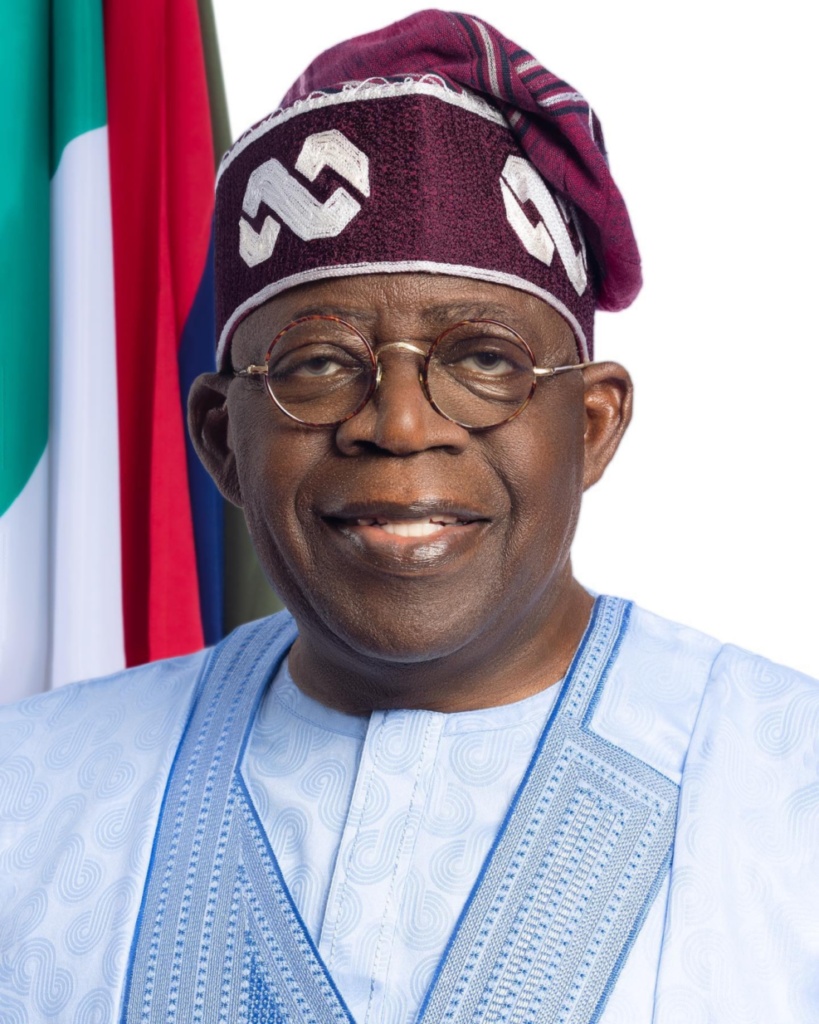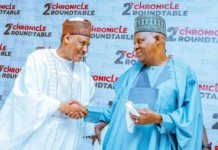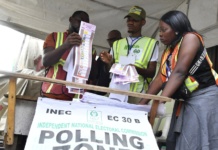
By Olakunle Agboola – The Independent National Electoral Commission (INEC), like a thief in the night declared Bola Tinubu on March 1, as the winner of the 2023 presidential election. I woke up early in the morning to the reality that INEC chairman Yakubu Mahmood has declared Tinubu the winner of the election.
A friend of mine called via WhatsApp and was excited that a Yoruba man won the election. I asked if he truly believes Bola Tinubu won the election judging his conscience along the line of disparity. I was surprised at his response as he yelled at me that “Yoruba has won the election and that is all that matters, and I should celebrate having a Yoruba man as the president”.
Nigeria
This was the same opinion shared by some of my Yoruba allies who feels why should Igbo be allowed to rule Nigeria. Some are also of apparel conclusion that Igbo cannot be trusted and should never be allowed in the corridor of power. I tried to break it down that my arguments are not about ethnicity but good electioneering with “free and fair” elections of having the right leaders of great character who will put the citizens first. It does not matter who won the election if it is Igbo, Hausa or Yoruba but to follow due process and allow the will of the people to prevail without subverting it.
It will be very difficult to dispute the fact that Nigeria has ethnic problems. It is one of the reasons why Nigeria maintains its bizarre and poor presidential rotation system. The three major ethnic groups – Igbo (southeast), Yoruba (southwest), and Hausa (north) was inspired by the colonial settlement when the country was divided into three administrative regions in 1954 – Northern, Western and Eastern. Nigeria’s ethnicity has been a phenomenon as it presents a serious challenge to Nigeria’s stability.
Ethnic divisions continue to persist in Nigeria due to poor leadership and the implementation of good policies. It is poor leadership that has, up until now, been incapable of capitalizing on policies that enhance and benefit a singular Nigerian national identity. Over the years Nigeria has continued to parade men and women in government who have not outgrown their ethnic identity. This has created a weak government and states are not able to reach all parts of its geographical domain in the form of provision of public or social amenities, and the physical and legal protection of citizens without needing to oppress or suppress challenges from civil society.
Ethnicity inequalities arise due to perceived favouritism of regions belonging to one tribe over others by the government and its agencies. There might not be a need for secessionist groups in Nigeria if ethnic inequalities have been resolved through national integration. The unwritten concept of ethnic majorities controlling the affairs of the country is the reason why minorities feel as if they are second-class citizens in their own country. Also, it is the reason why groups have been formed all over the country to challenge control of resources found in their territory. A very notable example is the Movement of the Emancipation of the Niger Delta (MEND). This group has taken up the government on the control of revenue generated from the sale of crude oil obtained from their region.
In 2003, Rwanda adopted a policy of ethnic non-recognition. There are no Hutus or Tutsis; only Rwandans. The aim is to achieve national homogeneity in a country that was torn apart by ethnic genocide in the early 90s. The genocide is still a hugely sensitive issue in Rwanda, and it is illegal to talk about ethnicity. The government says this is to prevent hate speech and more bloodshed. Rwanda has been able to achieve a new national identity after 29 years of genocide. It takes a strong will and intentional government to create a national identity for the citizens and that can be possible with a well-defined policy of putting the country first before ethnicity.
Ethnicity or cultural diversity ought to be a great blessing if Nigeria can see beyond the amalgamations of 1914 https://africanvoiceonline.co.uk/amalgamation-nigeria-nationhood/ . This is the only way common enemies in Nigerian politics can be identified without committing the error of tribalism. It will not be about Igbo or Hausa or Yoruba but a Nigerian who wants to become a president. Voting across ethnic lines won’t be important but to have a holistic picture of a Nigerian vying for the post of president with great character. Some Yoruba leaders and the elites won’t subject their sense of reasoning to promoting thieves and men of irrational character for personal gain but to think beyond ethnic prejudice and see a great picture of national integration. And my Yoruba allies with a sense of entitlement using the #emilokan or #awalokan won’t be important or of great interest as Nigerians will only be defined by their National identity.









